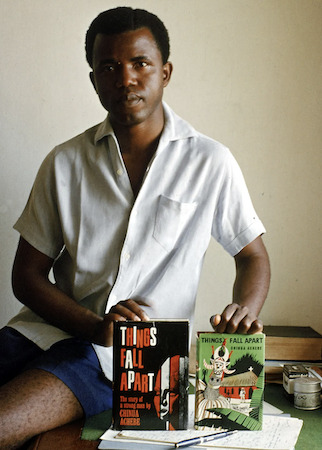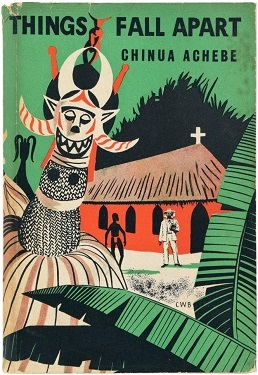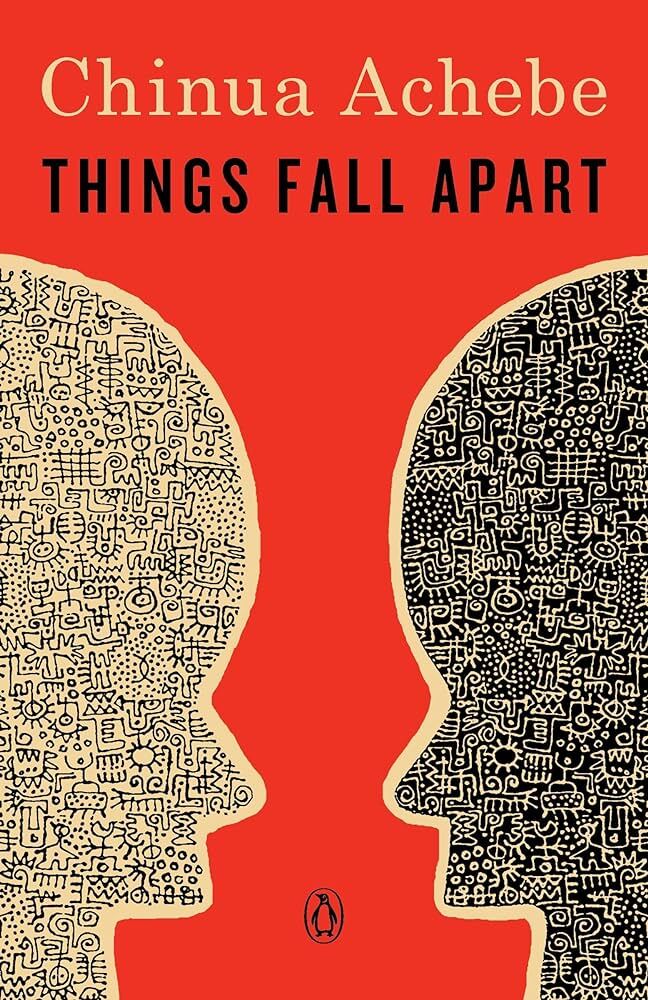Things Fall Apart
Chinua Achebe's Things Fall Apart, published in 1958, was significant for bringing attention to African literature and postcolonial studies. Set in late 19th-century Nigeria, the novel tells the story of Okonkwo, a respected Igbo leader, and his community's struggles with the disruptive forces of British colonialism and Christian missionaries (Achebe). Things Fall Apart is celebrated for its rich portrayal of Igbo culture, its critique of colonialism, and its pioneering role in African literature written in English (Britannica 1).
Achebe's work is significant for its counter-narrative to colonial literature, which often depicted African societies as primitive and uncivilized. By providing a different and more authentic portrayal of pre-colonial African life and the devastating impact of colonialism, Achebe's novel has become a foundational text in dispelling stereotypes about Igbo and African culture (Britannica 1).
Publication
In 1957, Achebe completed the Things Fall Apart manuscript in Nigeria and sent it to publishers in Britain. It was repeatedly rejected, with publishers seeing no market potential in a book by an African writer. Eventually, it was accepted by Heinemann and published in 1958 (Britannica 1).
Modern Printing Techniques
Things Fall Apart was published in the mid-20th century using the industrial printing press, which allowed for the mass production of books at an unprecedented scale. These presses, powered by electricity and capable of high-speed printing, could produce thousands of copies in a short period (Gambee 79). The materials used included cheap, abundant wood pulp-based paper and clear chemical inks. Additionally, the binding of the book would have had both hardcover and paperback editions, because of the mechanized equipment (Gambee 80). This allows for the book to reach a wider audience.
Dissemination and Impact
The dissemination of Things Fall Apart was facilitated by the global publishing industry, which had developed extensive networks for the distribution of books (Brill). The novel was initially published by Heinemann, a major British publisher, and was the first part of their African Writers Series, which aimed to promote African literature to a global audience as Achebe's novel grew in fame (Britannica 2). Reviews in literary journals, advertisements, and inclusion in academic curriculums helped gain the novel popularity. Things Fall Apart quickly became a staple in educational institutions around the world, contributing to its status as a classic of world literature (Britannica 2). Its translation into numerous languages further extended its reach. In 1959, Achebe won the Margaret Wong Memorial Prize for the novel (Brill). He then published three more novels related to it: No Longer at Ease (1960), Arrow of God (1964), and A Man of the People (1966) (Britannica 1).


